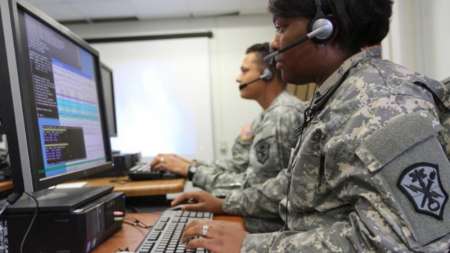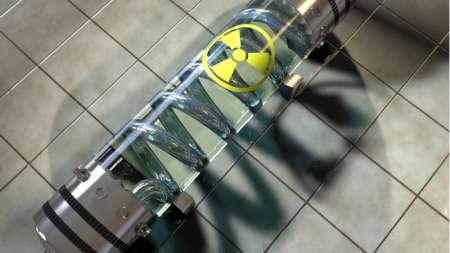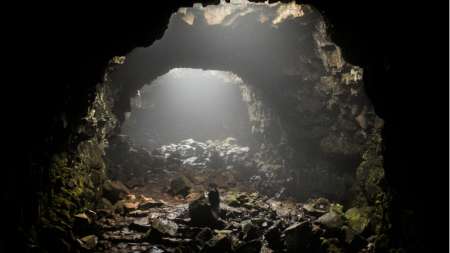The Defense Advanced Research Projects Agency (DARPA) announced that its first bug bounty program has “proved the value of the secure hardware architectures developed under [DARPA’s] System Security Integration Through Hardware and Firmware (SSITH) program while pinpointing critical areas to further harden defenses.” […]
Victoria Coleman will replace Peter Highnam, currently serving as acting director, atop the Defense Advanced Research Projects Agency. […]
The U.S. Chief Technology Officer, who recently took on the dual role of Pentagon acting Under Secretary of Defense for Research and Engineering, on August 13 outlined priorities for his DoD role including testing and scaling technologies, partnering with the private sector and academic community, and engaging internationally. […]
General Electric (GE) Research is working with the Defense Advanced Research Projects Agency (DARPA) on a $4.9 million project to develop on open source cybersecurity toolkit for military and industrial systems. […]
The idea that you can’t trust everything you see on the Internet is a conventional, if sporadically followed, wisdom. But as hackers become increasingly skilled and sneaky, as “fake news” officially enters the dictionary, and as fake video and fake audio become more of a thing, you might not necessarily be paranoid to wonder if you can trust anything. […]
The accelerating cycle of technological advancements is reaching down into even small components that traditionally operated on low power and computational capacity, while performing a narrow, specific function. […]
North Korea’s persistent efforts on nuclear weapons development and some loose talk about red buttons have raised new fears internationally about the possibilities of nuclear conflict. At home, government agencies also are addressing the questions about what to do in the case of a nuclear detonation. The Centers for Disease Control and Prevention (CDC), for example, will hold one of its Public Health Grand Round teaching sessions Jan. 16 on how medical professionals should respond–and although the event has been planned for months, it’s timing suddenly seems to be on the mark. […]
Turning that job over to robotic systems is the idea behind the Defense Advanced Research Projects Agency’s (DARPA) latest competition, the Subterranean Challenge. DARPA is inviting teams from around the world to develop new ways of mapping, navigating, and searching underground environments, and is offering $2.75 million in prize money to the eventual winners. […]
In a data scientist’s dreams, the Internet of Things (IoT) would cover the Earth. And in fact, that dream might not be that far off–ground-based sensors, unmanned vehicles, mobile devices of all kinds, and satellites already combine to offer a pretty clear picture of what’s going on around us, and the resolution is only going to improve. […]
In light of recent advances in performance–not to mention the history of computing–it’s reasonable to assume that artificial intelligence and machine learning systems will become smarter and faster. But government-funded research that is being put into practice at the Air Force Research Laboratory (AFRL) could achieve new levels of performance while also consuming minimal amounts of power. […]
A team at the Georgia Institute of Technology, backed by the Defense Department’s research arm, is developing tool that will give cybersecurity investigators that kind of look at a cyber intrusion, quickly providing layers of detail not currently available, in what researchers say is the first instance of automated forensics. […]










